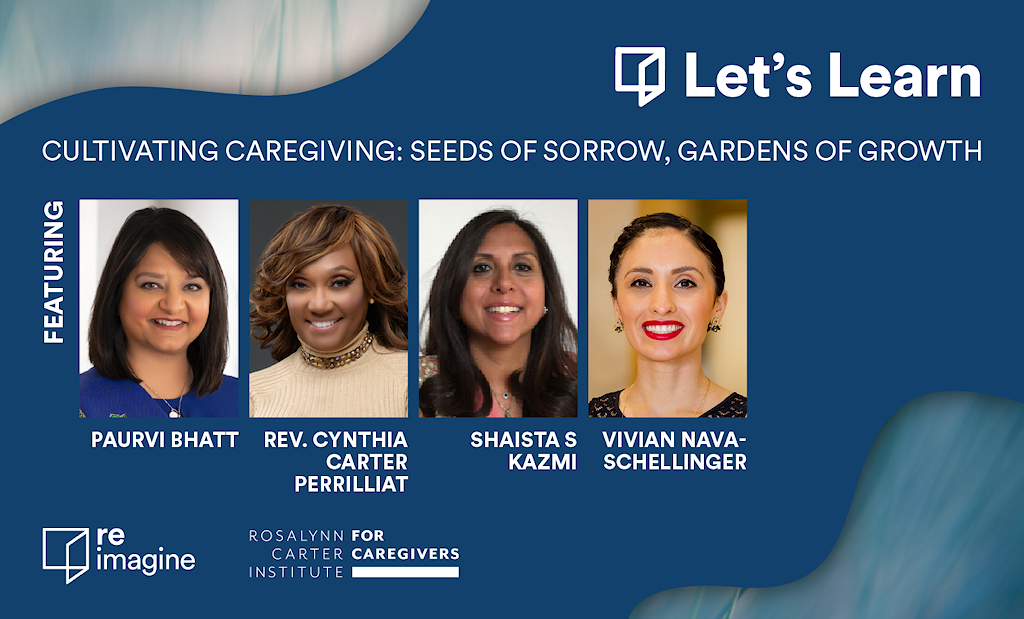Cultural Compassion: Integrating Diversity into Caregiving


Related Event

Each of us has a unique culture that defines how we live, give, and care. As society embraces inclusion and belongingness, culture is essential in our health, longevity, and bereavement practices. Yet, we haven’t integrated our customs into many health and care system responses. We see an opportunity to incorporate cultural adaptation into our care systems to better meet health equity and caregiving support aims.
For example, let’s consider health care at home. As we live longer, health and care systems are increasingly centered at home and in the community – where culture plays a vital role. Yet, we don’t see culturally adapted services in our mainstream healthcare and reimbursement systems. As a second-generation Indian immigrant, who is a health executive, and a former caregiver for both my parents, I’ve experienced first-hand the complexities of accessing what we need, which is why so many of us are ready to have this dialogue.
This three-part series, Cultivating Caregiving, in partnership with Reimagine, helps us open the conversation, create greater awareness, and ideally inspire deeper partnerships with community organizations representing diverse cultures.
As care comes home, it is clear that the Rosalynn Carter Institute’s (RCI) purpose is crucial now more than ever. Our steadfast aim is to advocate in support of caregiving from historically excluded communities and increase access to resources to provide holistic care. We work to ensure that all aspects of our work – from research, to policy and advocacy, to resource development – are done in partnership with, and are informed by, the diverse communities that we serve.
Our founder, former First Lady Rosalynn Carter, recognized that caregiving includes all of us when she famously said, ‘there are only four kinds of people in the world: those who have been caregivers, those who are currently caregivers, those who will be caregivers, and those who will need caregivers.’ With our diverse backgrounds and unique lived experiences, each of us represents these four kinds of people that Mrs. Carter so tirelessly advocated for throughout her life, and we are eager to elevate these stories through this compelling series of conversations.
RCI is committed to advancing equitable systems and inclusive communities where all family caregivers are recognized, supported, and fully integrated into public health strategies.
Related Event



